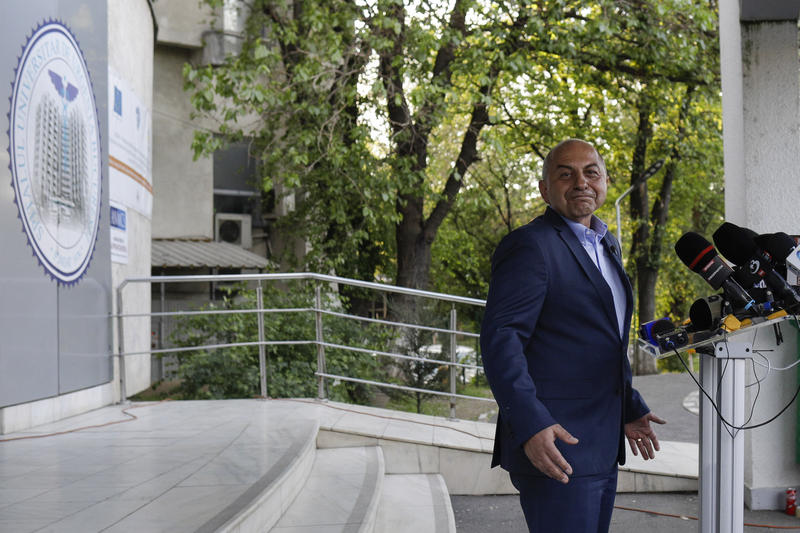"If we take into consideration the last four years, with all the changes that took, place the current situation favours credits in the national currency. Despite this, things happen exactly the opposite. The number of credits in euros goes up faster than the number of the credits in lei. This is a paradox and the explanation is related to the big interest fees banks apply for the credits in lei. Banks should give more credits in lei, but I have the impression that they’re killing the hen that could bring them the golden eggs", the Romanian Central Bank (BNR) chief economist Valentin Lazea said.
He also claimed that the big interests practiced by banks are meant to cover the losses from past years. "This is not good. The banks should assume the mistakes from the past, be content with smaller profits and not penalise clients with such high profit rates", Lazea added.
He said that during 2005 - 2007 the bankers’ incomes were increasing by 20% per nominal year. The crediting was also increasing rapidly, but currently the deleveraging effect manifests itself consistently.
"We used to have the tendency to appreciate the leu, we had income increases, all of them favouring the euro credits. But things changed significantly. Incomes are not presently accelerating. The leu's tendency is to depreciate, which makes the lei credit more attractive. The real estate speculations have dropped massively, therefore the entire situation favours the lei credit", BNR chief economist concluded.
In response, the Romanian bankers complain about the high level of the minimum compulsory reserves (RMO) that BNR imposes. In their opinion, this is what preserves the high interests for the lei credits. They ask that BNR lowers the RMO level in their next council meeting addressing monetary policy issues, so that banks could decrease the credit interests.



















